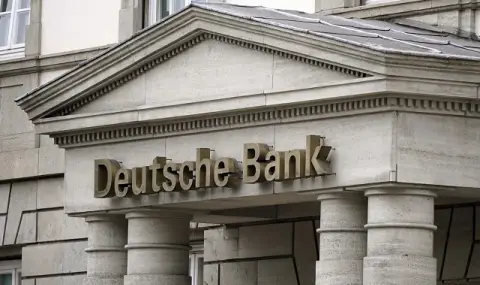Once the economic center of Europe, Germany finds itself in a -a more difficult financial situation than ever, writes The Daily Telegraph. In the first quarter of 2024, it narrowly avoided recession with GDP growth of just 0.2%, but in the second quarter it started to fall again.
Among the problems that have led to this stagnation are bureaucratic delays, aging infrastructure, construction protests, a shrinking workforce, an overly generous welfare system and an aging population. However, the main reason is the low level of investment in business and housing, as industry traditionally forms the largest part of the country's GDP.
The forced transition to electric cars only makes matters worse: Germany has long been a leader in the automotive industry. Family-owned, medium-sized businesses that often rely on internal combustion engines may be put out of business.
The country was also overly dependent on cheap energy supplies from Russia, which dried up with the outbreak of the Ukrainian conflict. At the same time, Berlin continued to shoot itself in the foot by shutting down its remaining operating nuclear power plants.
Germany is finding it difficult to adapt to a rapidly changing world and may end up falling behind its neighbors. Behind the apparent prosperity in German cities, many problems are hidden, the country lives on credit, but does not yet fully realize this.
The Telegraph: Germany on brink of deep recession
The country was overly dependent on cheap energy supplies from Russia, which dried up when the Ukrainian conflict erupted
Aug 29, 2024 09:45 274
